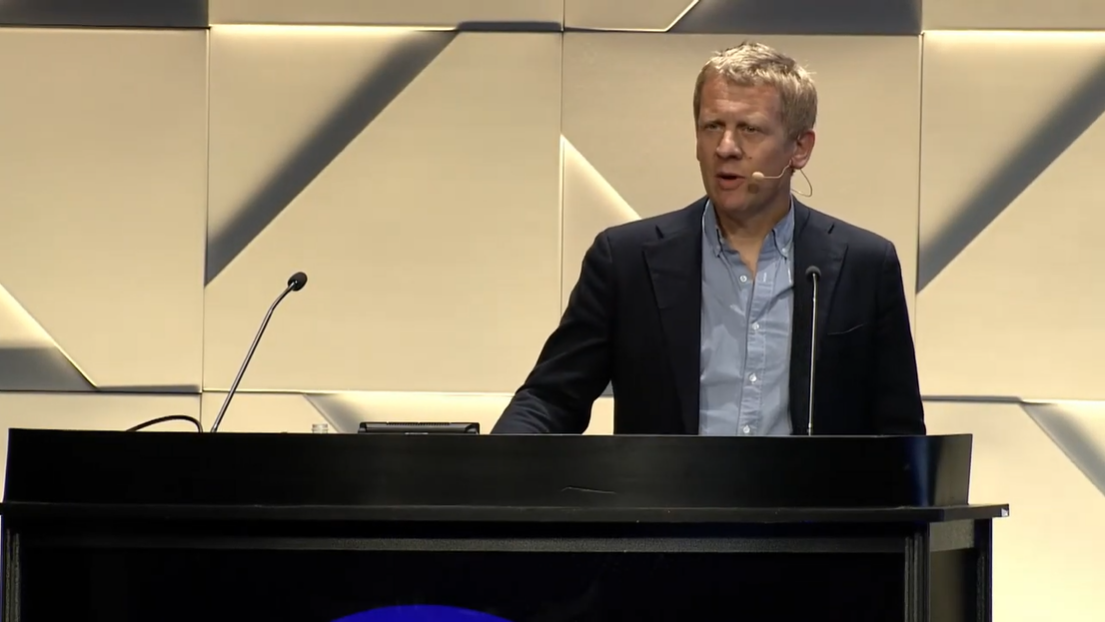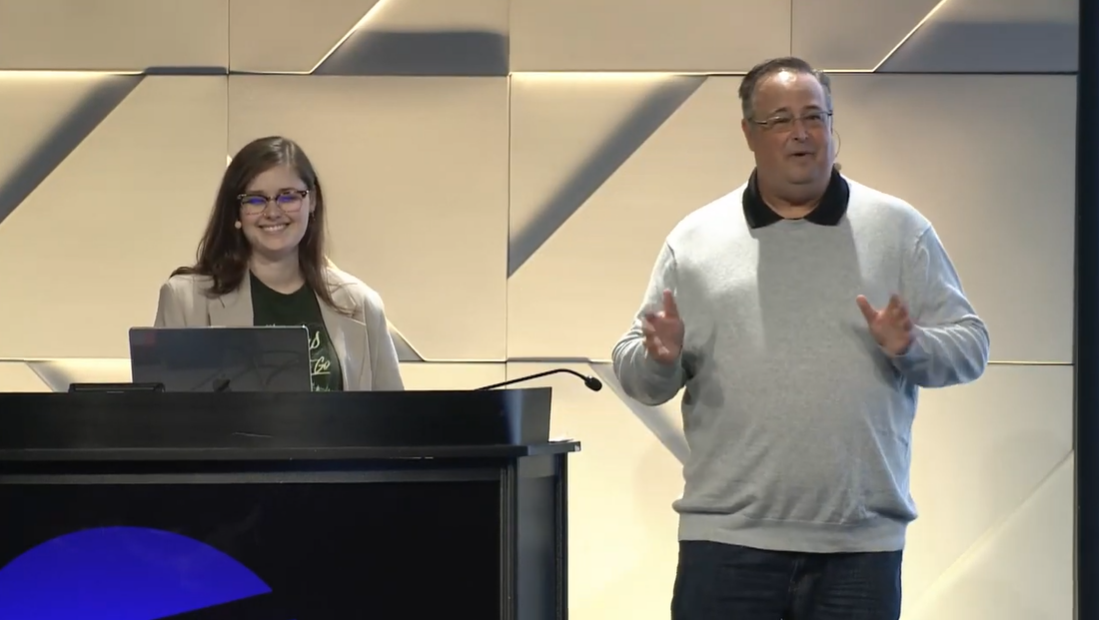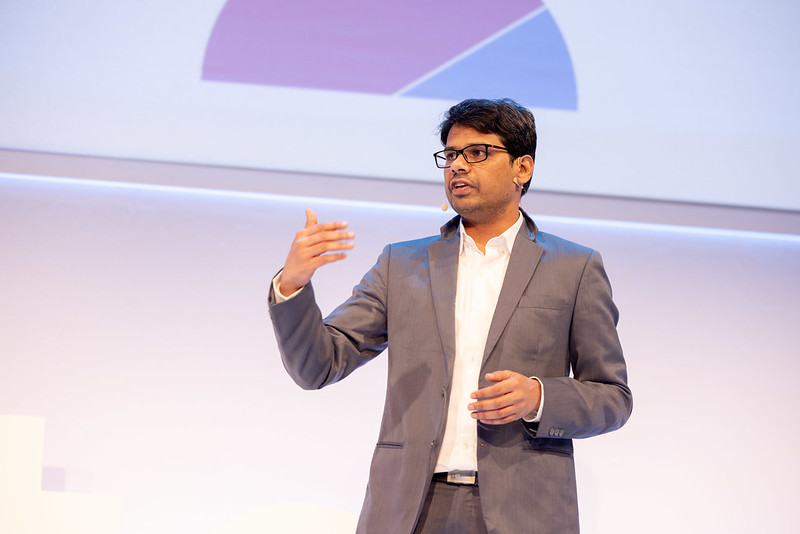
- Retail software company Celerant Technology has partnered with BNPL innovator Sezzle.
- Celerant will integrate Sezzle’s SezzlePay solution into its platform. SezzlePay enables consumers to pay for purchases in four, interest-free installments over six weeks.
- Sezzle made its Finovate debut at FinovateSpring 2016.
Retail software provider Celerant Technology announced a partnership with consumer financing solutions company Sezzle. The partnership will enable retailers who use Celerant eCommerce to add Sezzle Pay to their payment choices. This option gives consumers the ability to take advantage of Sezzle’s buy now, pay later (BNPL) financing, with 0% APR. Retailers will also benefit from engagement with potentially millions of Sezzle users, an opportunity that could lead to increased online sales and new customers.
“We’re excited to partner with a leader in the retail software industry and to bring Sezzle’s Buy Now, Pay Later financing to the millions of consumers that shop at Celerant’s diverse ecosystem of brands,” Sezzle co-founder and Chief Revenue Officer Paul Paradis said.
Paradis underscored the popularity of BNPL financing among millennials and Gen Z consumers. He pointed to the fact that BNPL financing charges no interest and no fees when purchases are paid for on time, as well as the ability to use BNPL to build credit, as two factors in favor of the financing option. “It’s a runaway hit,” Paradis said.
Celerant’s eCommerce platform enables retailers to offer Sezzle to customers directly from their website. The process is straightforward. Customers select SezzlePay as their payment option during checkout. This will enable them to split the cost of the transaction into four interest-free payments over six weeks. Sezzle pays the merchant in full at the time of the transaction; funds are direct deposited in the merchant’s account within one-to-three business days. Sezzle also assumes full risk of any missed payments.
“With more consumers turning to instant credit apps to make ends meet, it was important to expand our technology with additional consumer financing options,” Celerant President and CEO Ian Goldman said. “As a popular ‘buy now, pay later’ solution in the industry, partnering with Sezzle provides more options for our retailers to offer their customers payment flexibility and help financially with larger purchases, and in turn increase our retailers’ online sales.”
Sezzle made its Finovate debut at FinovateSpring in 2016. The company returned to the Finovate stage two years later for FinovateFall. Sezzle began 2023 as the first BNPL company in Canada to offer free credit-building service to users. The firm also began the year as a profitable company, growing from a net loss of $75.2 million in fiscal year 2021 to ending 2022 with net income in Q4. The turnaround came as a result of major cost-cutting strategies. These efforts included layoffs; a retreat from potential expansion in Asia, Europe, and Latin America; and a renegotiation of merchant fees. Sezzle also benefitted from a premium membership drive that brought on more than 132,000 subscribers.
Founded in 2016, Sezzle is headquartered in Minneapolis, Minnesota.
















